Tea originated in China, and the beverage plays an intrinsic part in religious, cultural and social gatherings throughout the country. Historically, tea ceremonies commemorated a respect for peace and nature. The Chinese characters for tea are: he (peace), jing (quiet), yi (enjoyment) and zeng (truth). These noble attributes and states of mind are still very much associated in the preparation and enjoyment of tea.
A formal tea ceremony is part of traditional Chinese weddings. During this time, the bride and groom serve tea to their parents, as a mark of respect and filial duty.
Gong Fu or Kung Fu tea ceremony is typical in social gatherings, particularly when receiving a guest. Gong Fu means ‘making tea with effort” and, indeed, there is tremendous care and patience to extract the right aromatics and flavors of the tea. Oolong tea is used in this exacting ritual, where tea leaves are steeped and served up to six times. Each time, the host will give his or her guests an opportunity to sample the aroma and the flavor. The Gong Fu ceremony also encourages conversation, as guests will share their preferences for taste and aroma each time the tea is poured. Thus, the ceremony fosters social interaction and community.
Our recommendations:
Double Dog Tea Room
406 Yaowarat Road
The friendly staff at this tea room offers tasting featuring high-quality teas from China, Sri Lanka and Japan. Learn the difference between white, green and black teas and appreciate the nuances of each one’s tastes and flavours. The shop also serves a limited food menu, beer and wine. Tea leaves and tea sets for purchase.
Traditional Tea Ceremony & Mahjong
Yaowarat Road, Tesco Building, 2nd & 7th floor
Pull up a chair alongside older Thai and Chinese gentlemen playing mahjong on the second floor, and order a pot of tea. The tea will be served in the ceremonial style, while you try your hand at playing mahjong with the masters. ~ On the 7th floor, the lovely Khun XXX conducts a tea ceremony upon request, serving choice oolongs from Fujian, China and Mae Salong, a tea-growing region in Northern Thailand.